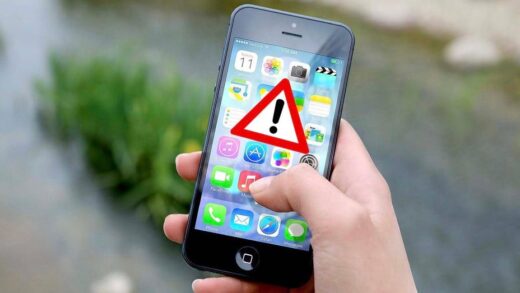Understanding Drone Cameras: Technology, Applications, and Innovations

In recent years, drones have gained significant traction across various industries, fundamentally changing how we capture aerial images and videos. Thanks to rapid advancements in technology, drone cameras have evolved into essential tools for both amateur and professional photographers. This article explores the definition of a drone camera, its functionality, and its diverse applications in different sectors.
Understanding Drone Cameras
A drone camera is a specialized imaging device mounted on an Unmanned Aerial Vehicle (UAV), commonly referred to as a drone. These cameras are engineered to take high-resolution images and videos from elevated vantage points. They come in a variety of forms, from compact models for hobbyists to sophisticated cameras designed for commercial use.
How Drone Cameras Operate
Drone cameras function similarly to conventional cameras but are enhanced for aerial photography. They comprise several key components, including a lens, an image sensor, and a stabilization system. While the drone is airborne, the camera captures photos or videos, which can be transmitted in real time to the operator on the ground or stored for later use.
The performance of a drone camera heavily relies on image quality, determined by the capabilities of the lens and sensor. Advanced stabilization technology minimizes the impact of drone movement, ensuring that the footage remains smooth and steady.
Applications of Drone Cameras Across Industries
Drone cameras have found numerous applications across various sectors, from agriculture to entertainment. Here are some notable examples:
- Agriculture: Drones equipped with specialized cameras and sensors are invaluable in smart farming. They assist in crop monitoring, pest detection, and yield assessment, providing farmers with detailed insights into crop health and enabling optimized farming practices.
- Sports: In broadcasting, drones deliver dynamic and immersive footage, enhancing viewer engagement. By capturing unique angles and close-ups, they inject excitement into live sports coverage.
- Environmental Monitoring: Environmental agencies utilize drones to track wildlife populations, monitor deforestation, and evaluate ecological damage. This technology provides critical data for conservation and ecosystem management efforts.
- Real Estate: Drones have transformed property marketing by offering breathtaking aerial views. Real estate agents use drone footage to present properties from captivating perspectives, which can attract potential buyers and boost sales.
- Construction: In the construction field, drones aid in site surveying, progress tracking, and 3D mapping. They allow project managers to monitor construction developments accurately while identifying potential issues early on, significantly reducing the risk of accidents during inspections.
- Infrastructure Inspection: Drones are increasingly employed to inspect infrastructure like bridges, power lines, and pipelines, accessing hard-to-reach areas safely and efficiently, thus minimizing manual inspection needs.
- Search and Rescue: Drones equipped with thermal imaging cameras play a critical role in search and rescue missions. They can quickly cover vast areas, locating missing persons or identifying heat signatures during emergencies.
- Film and Television Production: The entertainment industry extensively uses drones for aerial cinematography, capturing stunning shots that were previously challenging or costly to obtain. This technology has replaced the need for helicopters in many cases, adding visual appeal to films, TV shows, and commercials.
Innovation in Drone Camera Technology
With ongoing advancements in drone camera technology, the possibilities for aerial photography continue to expand. At DeepSea Developments, we specialize in developing cutting-edge drone cameras, including models with 360-degree capabilities. Our innovative products are redefining the landscape of aerial imaging, offering exceptional versatility and superior image quality.
As technology evolves, the applications for drone cameras will likely broaden even further, revolutionizing how we capture and interpret the world around us. If you’re interested in exploring the potential of drone camera development, our team is here to assist you in bringing your ideas to life.


